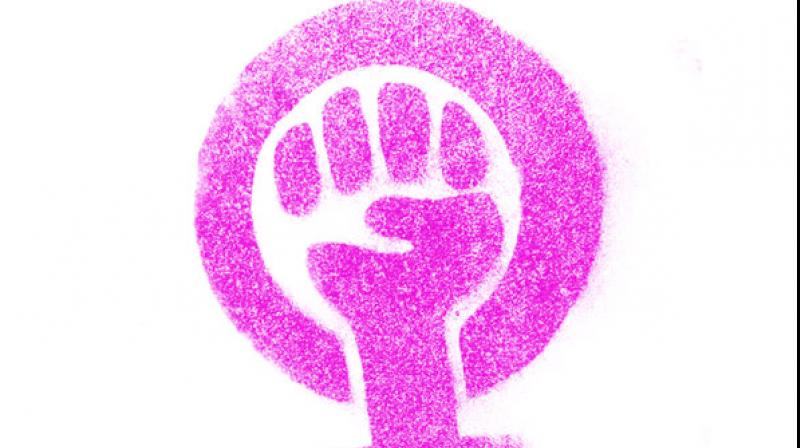Nations with strong women’s right have better health

Washington: Nations should focus on women rights for quick growth, as nations with strong women rights are more likely to have better health and faster growth than those who don't promote and protect these values, recent findings suggest.
According to the latest study, this trend is evident even in resource-poor countries. While many parts of the world have made good economic progress, women's rights have often been overlooked, say the researchers.
This is despite many countries having signed the international bill of rights for women, formally known as The Convention on the Elimination of All Forms of Discrimination Against Women (CEDAW).
The researchers wanted to find out if there might be a link between protection of women's rights and health improvement and sustainable development, and if ultimately, women's rights might have more of an impact than economic and social or civil and political rights alone.
As part of the study, the team of researchers analysed databases which held information on health, human rights, and economic and social rights for 162 countries for the period 2004 to 2010.
Countries were grouped according to the respect they afforded to women's economic and social rights: high (44); moderate (51); and poor (63). Analysis of the data showed that strong economic and social rights were associated with better or improving health outcome, possibly because of the spend on health per head of the population, the researchers asserted.
But this wasn't the case when looking at countries based on women's economic and social rights.
Overall, countries with strong women's rights had better/improving health than those where women's rights were only moderately or poorly respected.
These health indicators include disease prevention, such as vaccination, reproductive health, death rates, and life expectancy. In countries where human rights, to include women's rights, were highly respected, but where access to hospital beds and doctors was nevertheless below average, health outcomes were still consistently better than average, the analysis showed.
But countries, where civil and political rights alone were highly valued, had varying levels of health. And despite some countries respecting economic, social and cultural rights, they still didn't protect women's economic and social rights.

